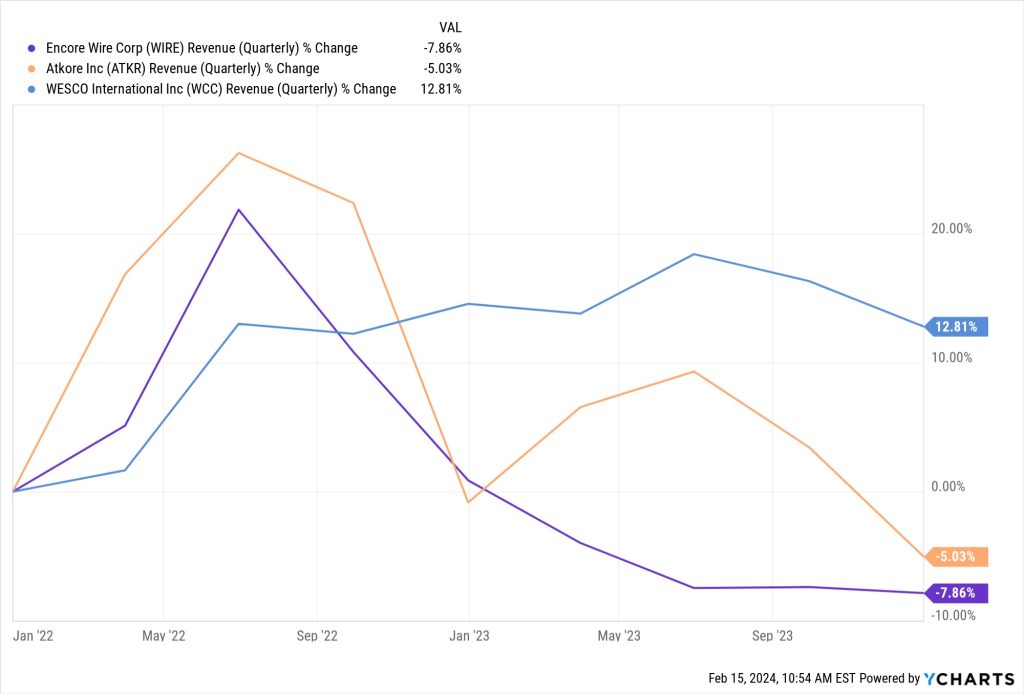More than three years after the COVID-19 pandemic abruptly hit vast swaths of Washington’s economy and put thousands of tenants behind on rent, the Washington State Supreme Court narrowly sided with Gov. Jay Inslee on Thursday, ruling he didn’t exceed his emergency powers when he barred many evictions for more than a year.
Inslee’s eviction moratorium prevented Washington landlords from raising rents or evicting tenants for nonpayment of rent. Various iterations of the moratorium lasted from March 2020 through October 2021. The state allowed landlords to pursue evictions in certain circumstances, including when tenants posed health and safety risks or when landlords planned to sell their rental property.
Landlords seethed that the moratorium unfairly allowed tenants to skip rent without immediate consequences and left property owners financially vulnerable as many of their bills were still due. Tenants and their advocates said the protections were crucial to prevent a flood of people losing their housing and sleeping in their cars or on the streets during a public health emergency.
Inslee’s COVID measures, including closing schools, requiring masks and more, sparked a broader debate about the governor’s emergency powers as Republicans argued Inslee left pandemic restrictions in place for far too long.
Since then, Republicans have attempted to limit the governor’s emergency powers by allowing the legislature to end a state of emergency, but those bills have not progressed in the Democrat-controlled legislature.
About nine months after Inslee announced the eviction moratorium, landlords in Centralia sued the governor and the state, arguing the moratorium violated their property rights and exceeded the governor’s emergency powers.
In a 5-4 ruling Thursday, the Washington Supreme Court sided with lower courts and denied those claims.
“The eviction moratorium never relieved tenants of the obligation to pay rent. Some tenants did stop paying their rent and that failure imposed a significant hardship on some landlords,” Chief Justice Steven González wrote in the opinion signed by the majority.
Still, the moratorium was legal and allowed under Inslee’s emergency powers, the majority agreed.
“We are asked whether this eviction moratorium was lawful. We conclude that it was,” the majority opinion read.
Without eviction moratoriums, “the record suggests … up to 790,000 people in Washington would have been evicted from their homes during the pandemic,” González wrote.
The Centralia case was one of several that landlords filed in the past three years attempting to challenge not just the moratorium but other more permanent tenant protections passed in the wake of the pandemic. Another case challenging the state’s moratorium and Seattle’s separate moratorium is awaiting a decision from the 9th U.S. Circuit Court of Appeals.
Inslee’s office welcomed the Supreme Court ruling Thursday.
“We appreciate the justices’ careful consideration of this matter,” Inslee spokesperson Mike Faulk said in an email. “The eviction moratorium was an important piece of our life-saving efforts during the worst of the pandemic.”
The landlords who brought the case are disappointed with the decision, said their attorney, Richard Stephens.
Stephens said his clients suffered significant financial losses when their tenants did not pay rent for more than a year. “If the government believes they need to keep people in somebody’s home without paying, then the government should pay,” Stephens said.
“My clients are just out the rent, and that’s far more important than a technical issue as to whether the Legislature gave [Inslee] the authority to do that,” Stephens said.
Four dissenting justices argued Thursday that Inslee “lacked authority” to prevent landlords from seeking certain evictions during the COVID emergency.
Associate Chief Justice Charles Johnson wrote in the dissenting opinion that the portion of state law Inslee relied on to issue the moratorium allows the governor to suspend certain activities as needed, but doesn’t allow him to suspend state laws, and that the moratorium effectively amounted to a suspension of the laws that allow landlords to evict for unpaid rent.
Lower courts had sided with the state on that point. The Washington Court of Appeals found that the governor’s ability to bar certain “activities” gave him broad powers to limit evictions.
The Supreme Court majority argued that nothing in the emergency powers law “suggests the governor is limited to prohibiting activities that are untouched by statutes.” The moratorium also did not suspend tenants’ obligation to eventually pay the rent they owed, the majority noted.
Seattle Times staff reporter Claire Withycombe contributed reporting.
















